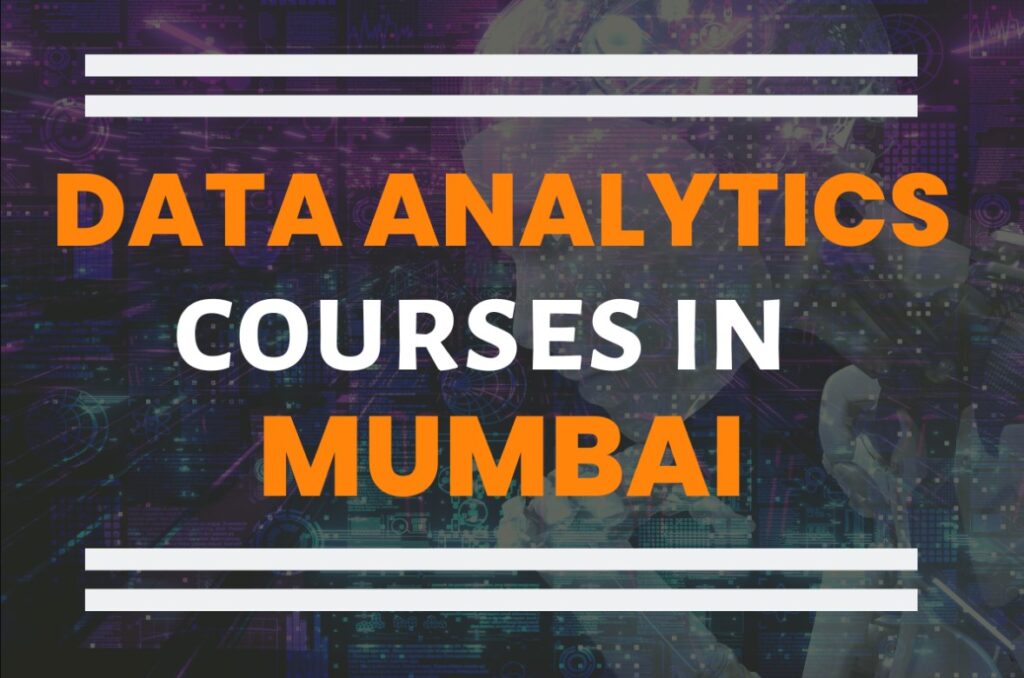In the world of data management, SQL is a fundamental tool that enables businesses to process and analyse vast amounts of information. Two of the most powerful techniques in SQL for retrieving complex datasets are subqueries and joins. Understanding these concepts is crucial for professionals who master data extraction and analysis. Enrolling in a Data Analytics Course in Mumbai can help individuals enhance their SQL skills and optimise their data retrieval strategies.
Understanding SQL Subqueries
A subquery, a nested query, is an SQL query embedded within another query. It allows users to break down complex problems into smaller, manageable queries. This technique is particularly useful for filtering, aggregations, and conditional logic. Learning subqueries in a data analyst course can help professionals streamline database queries and improve performance.
Subqueries are commonly used in SELECT, INSERT, UPDATE, and DELETE statements. For example, if a company wants to find employees who earn above the average salary, a subquery can compute the average salary and then retrieve employees exceeding that value. Mastering such advanced SQL techniques through a data analyst course can significantly enhance analytical capabilities.
Advantages of Using Subqueries
Subqueries provide several benefits in SQL data retrieval. First, they improve query readability by breaking down complex logic into smaller components. Second, they enable dynamic data filtering, ensuring that the results remain relevant as data changes. Additionally, subqueries can replace joins when a link between tables is unnecessary. Enrolling in a data analyst course ensures professionals gain hands-on experience optimising query execution with subqueries.
SQL Joins: Combining Multiple Tables
Joins are essential SQL operations that merge data from multiple tables based on related columns. Without joins, extracting meaningful insights from relational databases would be challenging. A Data Analytics Course in Mumbai Thane covers different types of joins, including INNER JOIN, LEFT JOIN, RIGHT JOIN, and FULL JOIN, helping professionals manipulate complex datasets efficiently.
For instance, in an e-commerce database, product information may reside in one table while sales data is stored in another. To retrieve details about products and their total sales, an INNER JOIN can be used to merge both tables based on a common key like the product ID. Learning this technique in a Data Analytics Course in Mumbai Thane allows professionals to work seamlessly with relational databases.
Differences Between Subqueries and Joins
While both subqueries and joins are used to retrieve complex data, they differ in execution and performance. Joins are typically faster than subqueries because they directly relate tables, whereas subqueries involve nested execution that may slow down processing. However, subqueries can be advantageous when dealing with aggregations and conditional filtering. Through a Data Analytics Course in Mumbai Thane, professionals can learn when to use subqueries versus joins for optimal database performance.
Practical Use Cases of SQL Joins and Subqueries
- Customer Segmentation: Businesses often need to analyse customer purchasing behaviour. Using joins, they can merge customer details with transaction history to derive insights into spending patterns. Subqueries can then be used to identify high-value customers who exceed a certain purchase threshold. A Data Analytics Course in Mumbai Thane can provide real-world case studies to implement these techniques effectively.
- Inventory Management: Retail companies need to manage stock levels efficiently. By using joins, they can integrate inventory and sales data to determine which products are low in stock. Subqueries can then calculate restocking quantities based on past demand trends. Learning these strategies in a Data Analytics Course in Mumbai Thane helps professionals optimise inventory control.
- Financial Analysis: Banks and institutions rely on SQL queries for risk assessment. Joins allow them to integrate customer data with loan records, while subqueries help compute risk scores based on transaction history. Advanced SQL training through a Data Analytics Course in Mumbai Thane is essential for finance professionals seeking to enhance their data analysis skills.
Performance Optimisation in SQL Queries
Efficient query execution is vital for handling large datasets. Some best practices include indexing frequently used columns, avoiding excessive use of subqueries, and optimising joins through indexing strategies. A Data Analytics Course in Mumbai Thane can teach professionals how to fine-tune SQL queries to enhance database performance.
Indexing plays a crucial role in improving query speed. Indexed columns reduce the time required to search and retrieve data when using joins. Similarly, structuring subqueries to minimise nested operations ensures faster execution. Professionals pursuing a Data Analytics Course in Mumbai Thane can gain hands-on experience implementing these optimisation techniques.
Advanced SQL Techniques for Data Professionals
Apart from subqueries and joins, advanced SQL techniques like Common Table Expressions (CTEs), window functions, and recursive queries enhance data retrieval capabilities. CTEs, for example, improve query readability by breaking down complex logic into modular sections. Window functions allow for efficient row-based calculations without altering the dataset structure. These advanced methods are covered in a Data Analytics Course in Mumbai Thane, preparing professionals for complex data challenges.
Conclusion
Mastering SQL subqueries and joins is essential for efficient data retrieval and analysis. These techniques empower professionals to manipulate large datasets, extract valuable insights, and optimise database performance. A Data Analyst Course provides hands-on experience with real-world applications, helping individuals develop advanced SQL skills. Whether working in finance, retail, or technology, leveraging SQL for complex data retrieval is a critical skill that enhances career prospects and drives business success.
Business name: ExcelR- Data Science, Data Analytics, Business Analytics Course Training Mumbai
Address: 304, 3rd Floor, Pratibha Building. Three Petrol pump, Lal Bahadur Shastri Rd, opposite Manas Tower, Pakhdi, Thane West, Thane, Maharashtra 400602
Phone: 09108238354
Email: [email protected]
